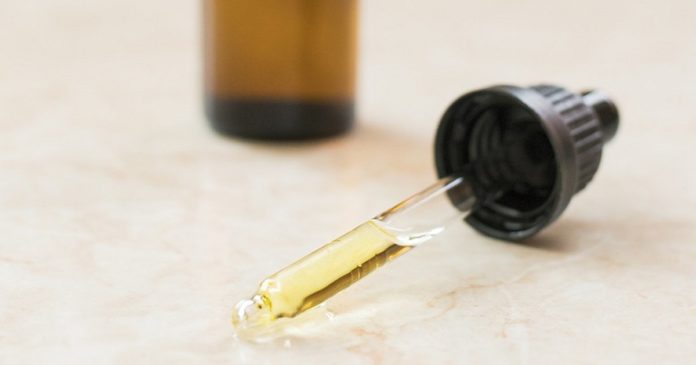There were hopes a (positive) TGA decision would be published last week in relation to over-the-counter cannabidiol (CBD) in Australia. Here’s what’s happening.
First, a recap of the road to this point.
Cannabidiol is a non-intoxicating (i.e., it doesn’t create a high) cannabinoid that can be extracted from hemp. CBD has been the focus of significant research into its potential for the treatment and/or management of a wide range of conditions.
In April 2020, the Therapeutic Goods Administration (TGA) kicked off a consultation relating to proposed amendments to the Poisons Standard. Among these was the potential for altering the Schedule 4 listing for cannabidiol to one that would enable CBD formulations meeting certain criteria to be made be available from pharmacies without needing a prescription.
The Advisory Committee on Medicines Scheduling (ACMS) and Advisory Committee on Chemicals Scheduling (ACCS) met back in June to make an interim decision that wasn’t made public until September. The interim decision stated certain low dose CBD products will be downscheduled from Schedule 4 to Schedule 3. Further detail on how the Schedule 3 listing may look for cannabidiol is here.
Further consultation then needed to occur and there was some hope the TGA’s final decision would be announced last week.
The TGA published its notice of final decisions to amend (or not amend) the current Poisons Standard last Wednesday – and no doubt it was a very popular download as patients, industry participants and those generally interested in cannabidiol scrambled to find out what was decided.
Alas, we’re going to have to wait a little longer.
The section relating to CBD advised the final decisions on cannabidiol (private application and delegate initiated) aren’t expected until late December 2020. Even with the delay on the decision, that (hopefully) shouldn’t alter the previously announced proposed implementation date of 1 June 2021 should the TGA give the green light.
It’s important to note that should downscheduling of cannabidiol go ahead, companies will still have a number of hoops to jump through; including products needing to be registered on the Australian Register of Therapeutic Goods (ARTG). That’s no small task and will likely be reflected in pricing and range of products initially available. The upside to this is it means consumers will be buying good quality CBD products.
Some commentators have flagged the maximum recommended daily dose of 60 mg or less of cannabidiol and it only being available in packs containing not more than 30 days’ supply will also be problematic as 60mg is a very small dose. Still, it’s progress and perhaps the maximum recommended daily dose could be increased in the future.
Higher dose CBD products will still be available via other (legal) pathways; although sourcing these is more complex.


